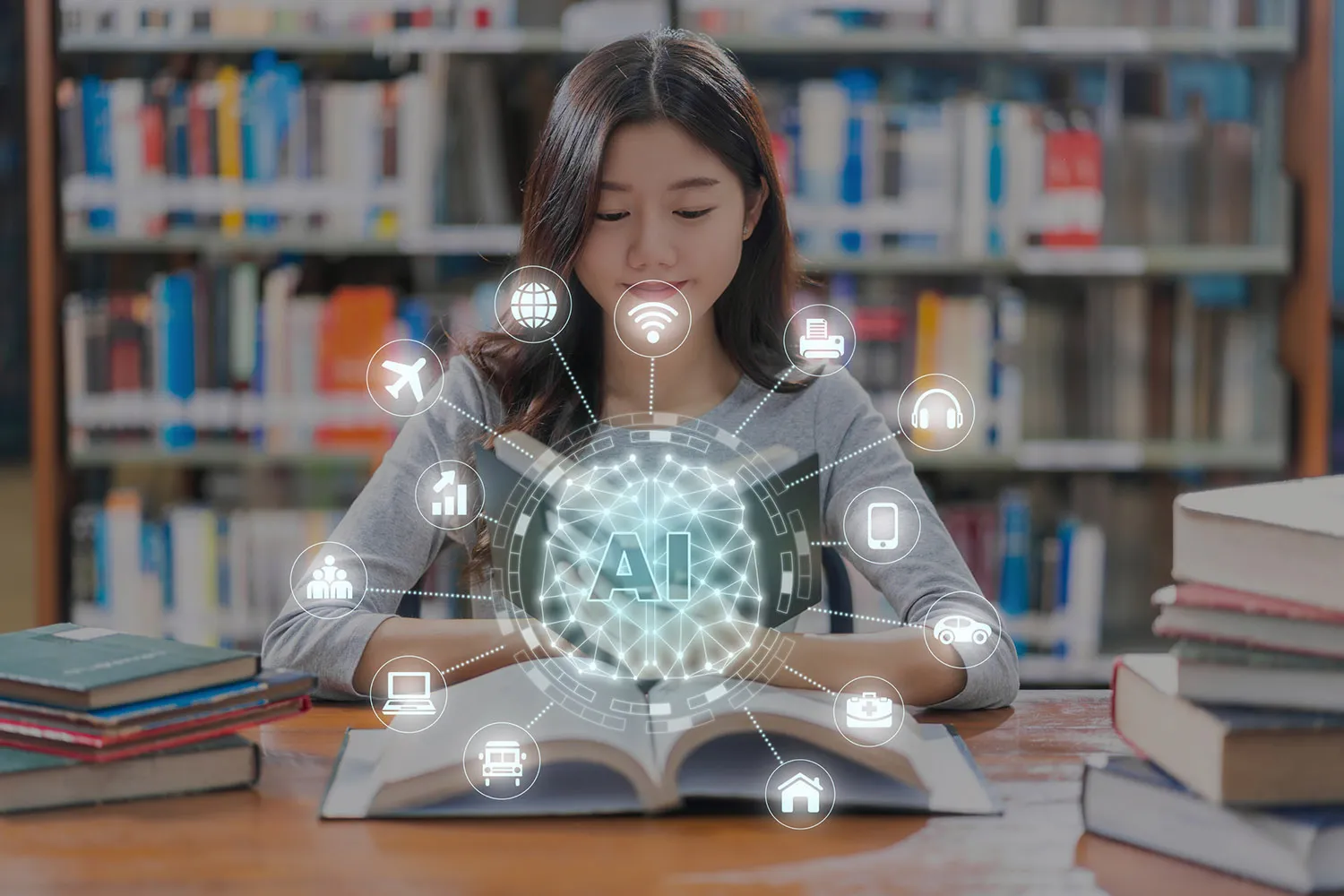In an ambitious move to reshape its education system, China has announced plans to incorporate artificial intelligence (AI) into its teaching efforts, textbooks, and overall curriculum. This transformative initiative aims to bolster the educational experience for students and educators alike, as China continues to expand its role as a global leader in technological advancements.

The plan, released by Chinese authorities on April 17, 2025, outlines the importance of AI applications across all levels of education, from primary and secondary schools to higher education institutions. The country’s Ministry of Education believes that by leveraging AI, the education system can cultivate essential skills and foster an environment of innovation and growth.
AI to Foster Key Skills in Students and Teachers
According to the official statement from China’s Ministry of Education, the integration of AI in education is designed to enhance “the basic abilities of teachers and students.” This effort aims to help develop skills such as independent thinking, problem-solving, communication, and cooperation — qualities that are vital in the rapidly evolving global economy.
“The promotion of artificial intelligence will help shape the core competitiveness of innovative talents,” the ministry emphasized in the release. This declaration highlights China’s commitment to ensuring that its students are equipped with the skills necessary for the challenges and opportunities of tomorrow’s world.

The push for AI in the classroom is not just about adopting new technology but about fostering a deeper, more dynamic learning environment. The use of AI-powered tools and systems is expected to make classrooms more innovative and challenging, offering students new ways to interact with their studies.
The Role of AI in China’s Long-Term Educational Goals
This move is part of China’s broader strategy to harness innovation to secure its place as a “strong-education nation” by 2035. In January of this year, the country revealed its national action plan to achieve this ambitious goal. The plan includes expanding access to cutting-edge educational technologies and improving the overall quality of education across the nation.

One of the significant developments in China’s AI education initiative is the recent launch of AI-specific courses at Chinese universities. These programs have seen a notable increase in enrolment, particularly following the rise of DeepSeek, a Chinese startup that introduced a competitive large-language model at a fraction of the cost compared to similar U.S. models. This innovation is helping fuel China’s growth in the AI sector, and the country is determined to use these advancements to enhance the educational experience.
China’s AI-Fueled Education: A Glimpse into the Future
As China moves forward with its education reform, the integration of AI is expected to have far-reaching implications. By blending AI with traditional teaching methods, the country hopes to create a more personalized and efficient learning environment that can better prepare students for the future job market. This transformation will also empower educators with new tools to better engage and assess their students, ensuring that both teaching and learning evolve alongside technological advances.

The adoption of AI in education also places China at the forefront of global efforts to make learning more adaptable and innovative. By taking these bold steps, the country is not only aiming to enhance its educational system but also to foster the next generation of global innovators and problem-solvers.










